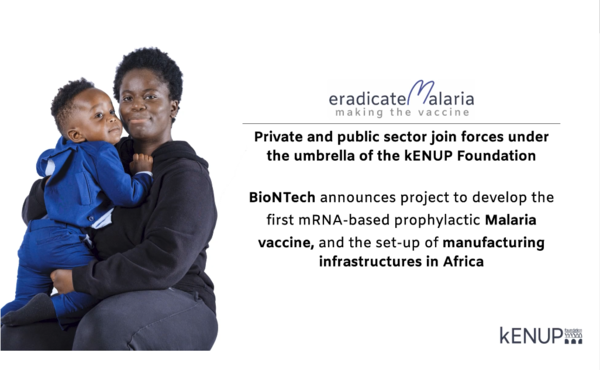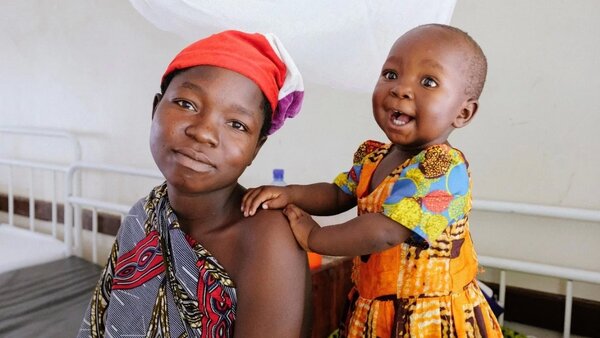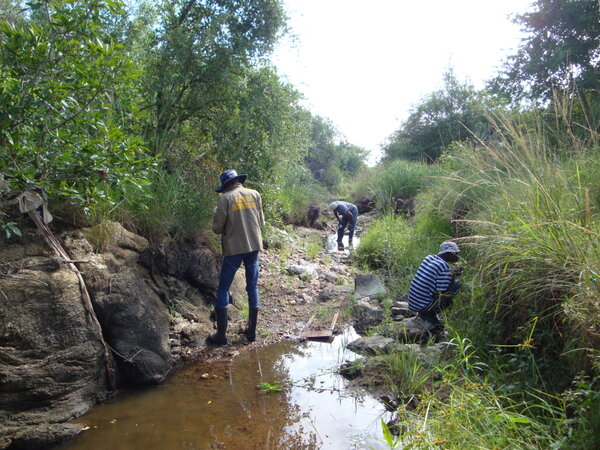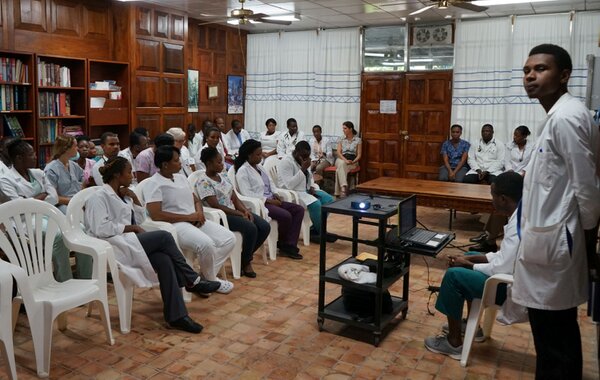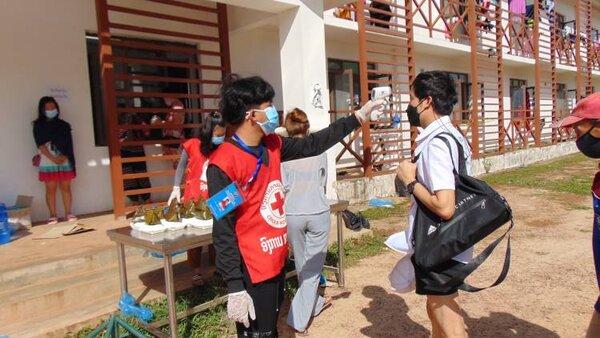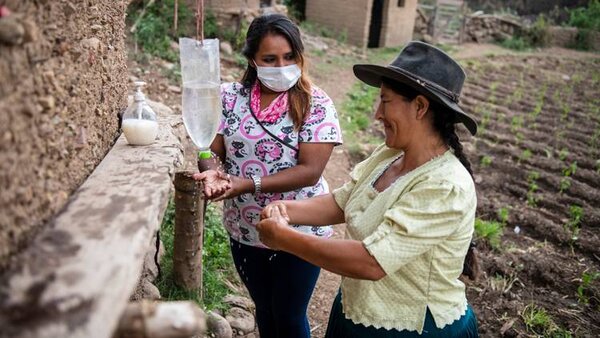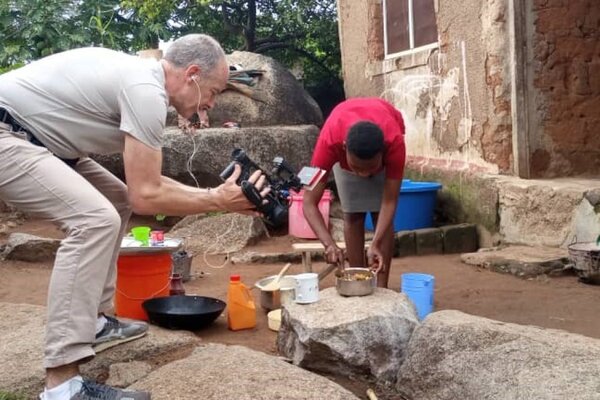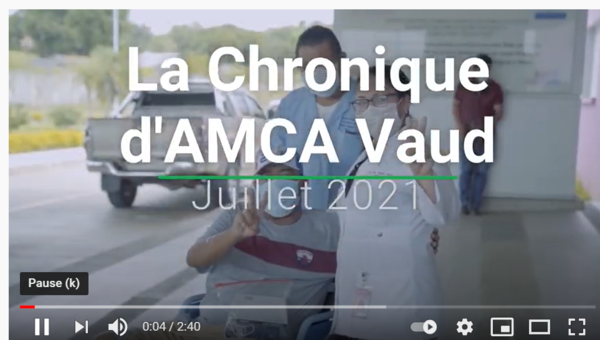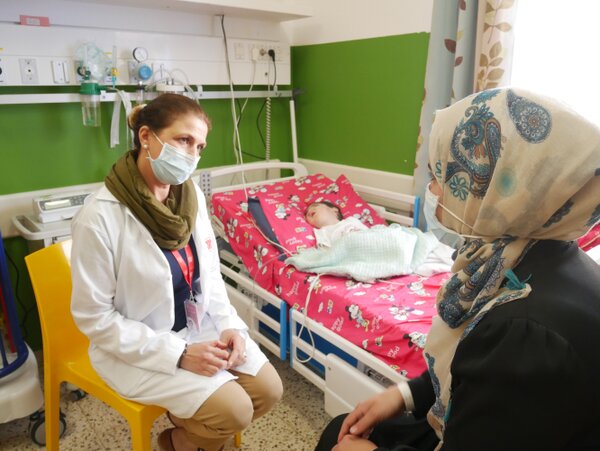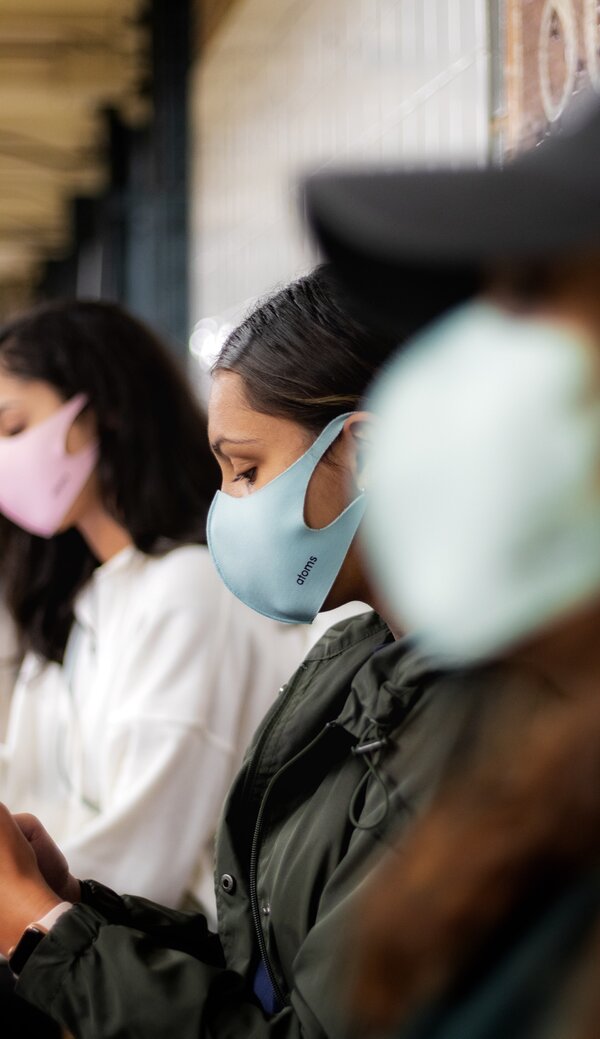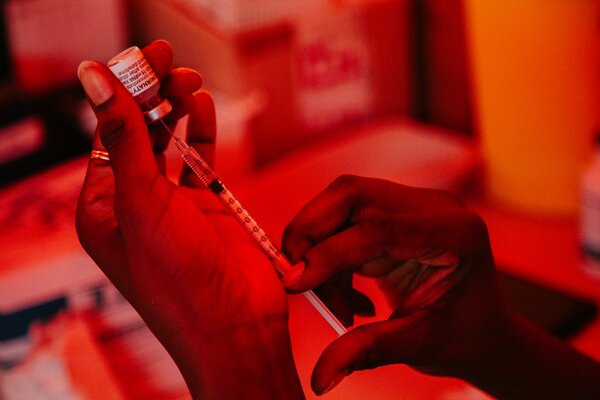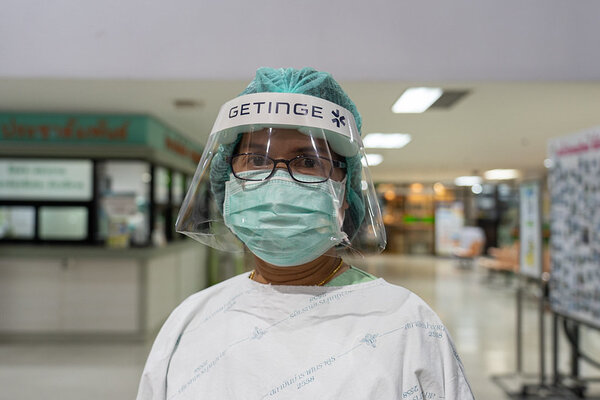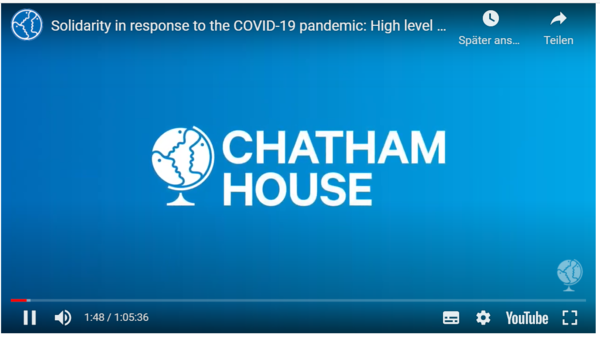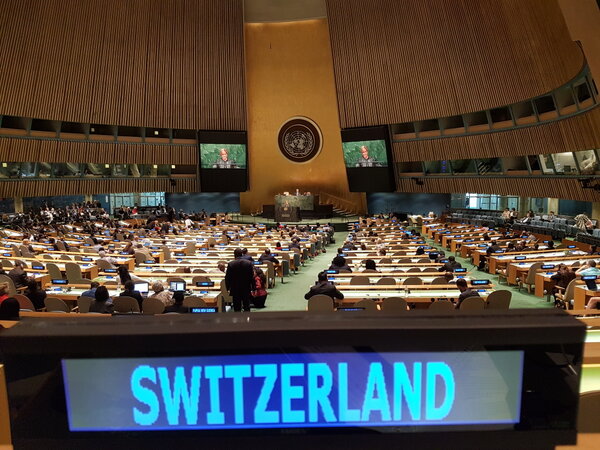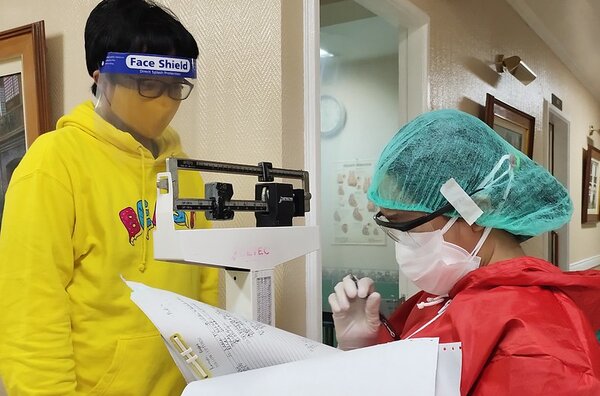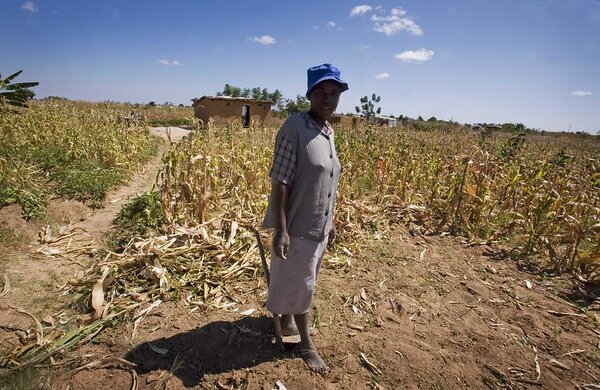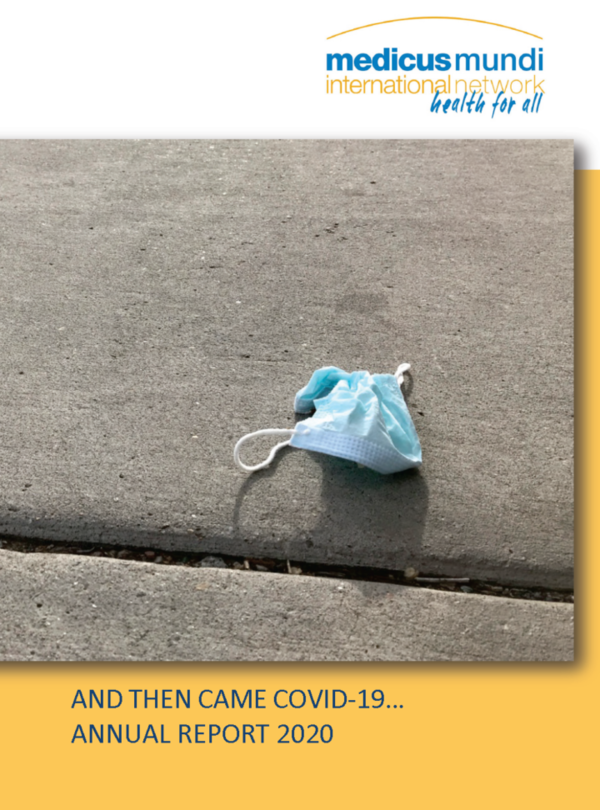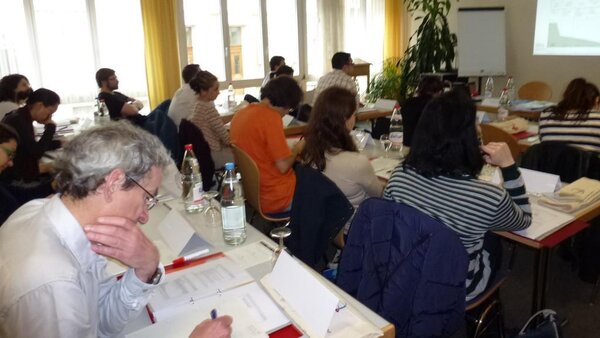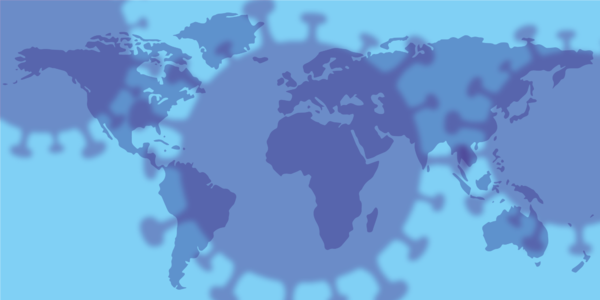Le gouvernement britannique a baptisé «Freedom Day» la journée lors de laquelle toutes les restrictions dues au Corona ont été levées. Bien que, parmi les experts et les expertes, le moment choisi est controversé, on peut dire qu’en raison du succès de la campagne britannique de vaccination, l’avènement d’une nouvelle phase aura effectivement sonné dans la lutte contre la pandémie.
Abus populiste
À l’avenir, à chaque fois que je lirai le concept de «Freedom Day», la voix du Premier ministre britannique, Boris Johnson, retentira inéluctablement dans mon esprit. Et parallèlement à cela, un ton triomphant, celui d’avoir vaincu l’ennemi – en occultant de manière bien consciente les importantes défaillances de la politique britannique pour lutter contre le Corona qui a fait, jusqu’à aujourd’hui, plus de 129 000 morts. L’analogie terminologique avec la fin d’une guerre est voulue. En règle générale, les journées de la liberté sont définies comme des jours fériés qui doivent rappeler la libération d’un pays face à une puissance militaire ennemie ou à un régime hostile.
L’analogie avec le terme de liberté telle que l’utilise une fois de plus le gouvernement britannique de manière populiste, est très problématique. Il disqualifie rétrospectivement les mesures de santé publique contre la propagation du virus et délégitime ainsi de telles pour l’avenir. Ceux qui militent pour la santé pour tous à l’échelle mondiale, savent que, par exemple, des régulations dans les activités économiques (lutte antitabac, restrictions dans la publicité pour le lait destiné aux biberons) sont nécessaires pour garantir le droit à la santé. Ou autrement dit: c’est seulement avec des mesures administratives contre la pandémie de Covid que la liberté peut être finalement garantie.
La Constitution suisse l’indique clairement
Le clou pour la Suisse étant que, dans la Constitution fédérale helvétique, sous les Droits fondamentaux, à l’art. 10, alinéa 2, c’est exactement cette compréhension qui est énoncée: «Tout être humain a droit à la liberté personnelle, notamment à l’intégrité physique et psychique et à la liberté de mouvement.» Il est remarquable que la liberté personnelle soit associée au droit à la vie et, spécifiquement, au droit à l’intégrité physique et psychique. Il convient également de rappeler le nouveau groupement «Amis de la constitution» qui a lancé, avec succès, un référendum contre la loi Covid-19.
Mais la charge sémiotique de la politique de lutte contre le Covid-19 avec le concept flou de liberté est, à terme, nocive. Elle entrave également la réflexion critique sur les mesures étatiques qui sont fondées sur les preuves et applicables au niveau sociétal. Il faut – justement dans la phase de préparation face à une nouvelle pandémie ou à une nouvelle vague de l’actuelle pandémie – surtout une chose: un dialogue rationnel dénué de sémantique floue, chargée de manière populiste.
Martin Leschhorn Strebel
Réseau Medicus Mundi Suisse
E-Mail


